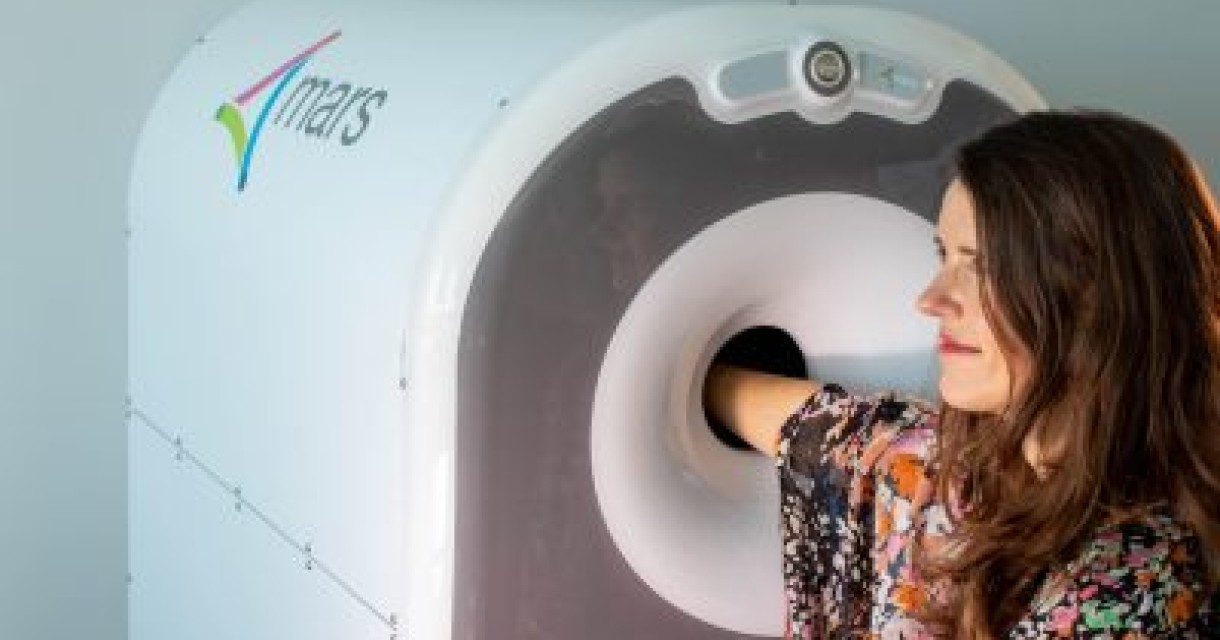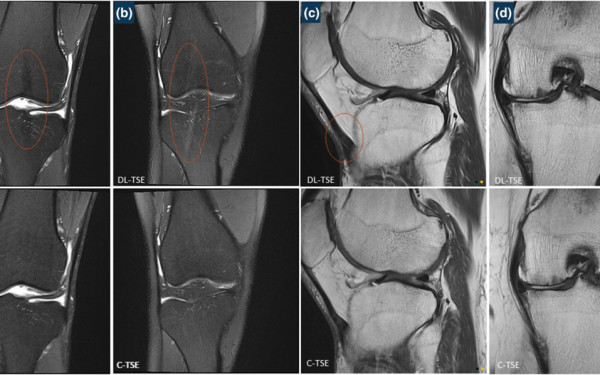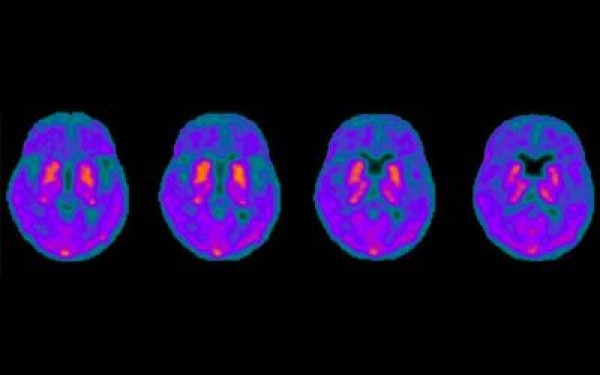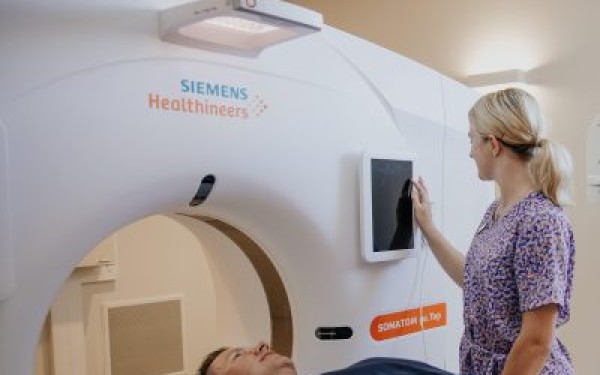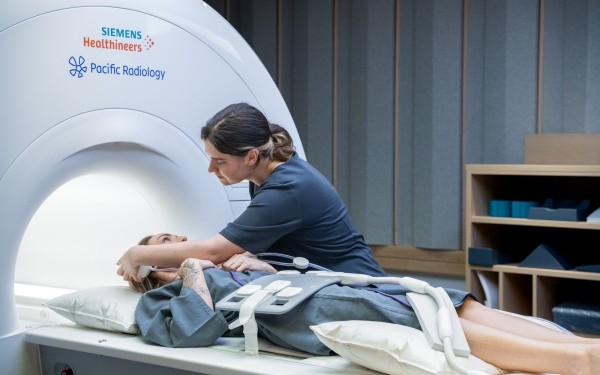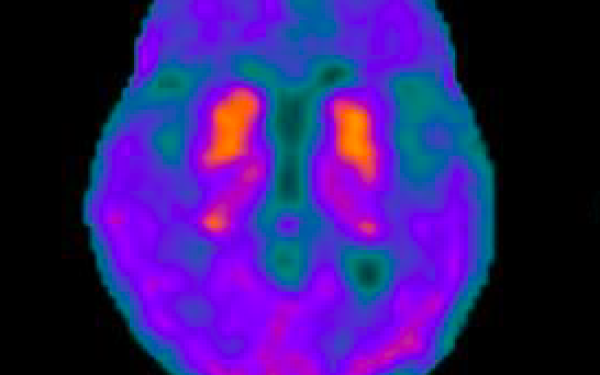Pacific Radiology has teamed up with MARS Bio-Imaging New Zealand in an exciting collaboration to develop cutting-edge technology which will revolutionise how patients are treated after they have an accident – and even get them back to work quicker.
We are providing ground-breaking homegrown technology in combination with a special detector chip all the way from CERN in Switzerland to create the MARS scanner. The new scanner has the potential to transform point-of-care diagnoses when patients present with injuries at Pacific Radiology’s After Hours clinic in Christchurch.
Dr Ross Keenan, Neuroradiologist and Director of Research & Development for Pacific Radiology, believes the collaboration is world-leading with both local and global implications, and that Pacific Radiology is the perfect partner for research:
"It’s exciting to be working on a research collaboration that will look at translating this technology from the laboratory into clinical care that will improve the patient experience for the public. It could transform the way we do point-of-care imaging around the world and provide significant health benefits for our local community."
Patients arriving at the After Hours clinic having sustained a wrist trauma will now be offered the new, high-tech MARS scan, alongside a standard x-ray. The new scanner looks like a mini CT scanner and rotates around the injured wrist. It has the potential to provide emergency doctors with an immediate, definitive diagnosis, minimising time required and optimising treatment options.
Professor Anthony Butler, Co-Founder and Director at MARS Bio-Imaging, says this technology is cutting-edge, and the novel collaboration with Pacific Radiology will improve patient outcomes in healthcare:
"This collaboration means we can potentially use this new technology in a wide range of clinical scenarios ranging from joint imaging, molecular imaging in cancer through to vascular diseases. This is only feasible due to Pacific Radiology’s generous support. Because of their involvement, this technology is truly world-leading."
The new MARS scanner will initially be trialled at the Christchurch clinic where it was installed at the beginning of May – and once trials are complete, New Zealanders are likely to be the first in the world to have MARS technology available to them as part of routine care.
